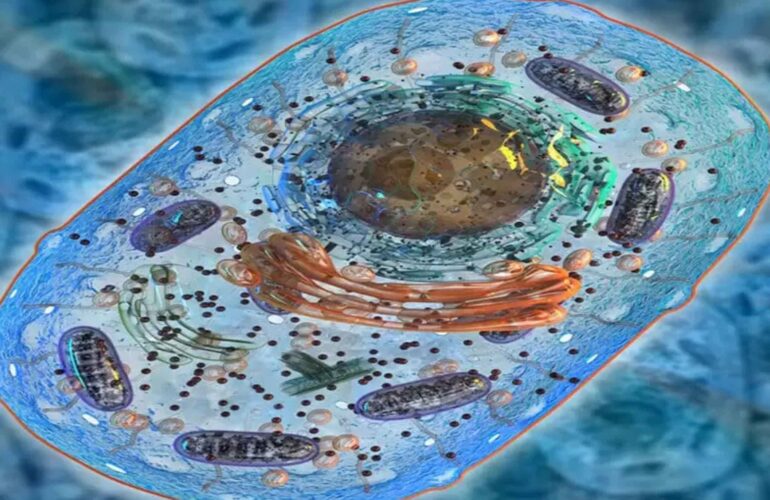What is sperm infection?
Sperm infection occurs when sperm cells or testicles are affected by bacterial, viral, or fungal infections. This condition can lead to fertility problems in men by negatively impacting sperm quality and motility. Symptoms such as pain, swelling, burning sensations, and discomfort in the genital area are common indicators of this issue. Individuals with weak immune systems or those exposed to sexually transmitted diseases are at a higher risk of developing sperm infection.
Diagnosis typically involves blood tests, urine tests, or sperm analysis. Timely and accurate diagnosis is crucial to protect reproductive health and prevent the infection from progressing into more severe complications.
 The most common causes of sperm infection include overgrowth of microorganisms in the reproductive organs, sexually transmitted diseases, and urethritis. Early consultation with a specialist and prompt treatment are essential for preserving male reproductive health and ensuring the success of infertility treatments, including in vitro fertilization.
The most common causes of sperm infection include overgrowth of microorganisms in the reproductive organs, sexually transmitted diseases, and urethritis. Early consultation with a specialist and prompt treatment are essential for preserving male reproductive health and ensuring the success of infertility treatments, including in vitro fertilization.
What is the Effect on IVF Treatment?
Sperm infection can interfere with IVF treatment by negatively affecting fertilisation processes. This can have serious effects on sperm quality; sperm motility, morphology and count can be affected by infections.
If a couple is considering IVF treatment and the male partner has a sperm infection, this can cause difficulties in embryo development. Infections can reduce the DNA quality of sperm cells, which reduces the chances of fertilisation. In addition, infected sperm cells can also have a negative impact on the embryo’s ability to implant.
Before IVF treatment, tests should be performed to determine whether the male partner has a sperm infection. If infection is detected, this infection should be treated before the treatment process. This may increase the success rate of the treatment process.
After the sperm infection is treated, there may be no obstacle to IVF treatment. Thus, it becomes possible for couples to benefit more from assisted reproductive techniques.
The link between sperm infections and reproductive health
Sperm infections can have a serious impact on reproductive health in men. By reducing sperm quality, these infections can affect the ability to fertilise and therefore reduce the success rate of IVF treatments. Sperm infections can cause inflammation in the male reproductive system, disrupting the healthy functioning of the cells.
Reduced sperm quality can lead to a decrease in both sperm count and sperm motility (mobility). In addition to reducing the likelihood of conception naturally, this is an important problem in terms of the effect of sperm infections on IVF treatment.
IVF treatment requires high quality sperm cells. Therefore, it is recommended that men with sperm infections should be directed to the treatment process.
In addition, sperm infections can, in some cases, cause problems in the reproductive organs and other important areas such as the prostate. These problems may also affect general health and this may indirectly affect reproductive health.
Therefore, individuals with sperm infections should take steps to prevent adverse effects on reproductive health and fertility.
Maintaining reproductive health is essential for both individuals and couples to have healthy family planning. It is possible to overcome these problems with early diagnosis of sperm infections and appropriate treatment methods.
Treatment Methods for Sperm Infections:
Sperm infection can cause negative effects on male reproductive health and it is important to treat this condition. Various methods can help cure sperm infections.
1. Antibiotic Treatment
Because sperm infections are usually caused by bacterial infections, doctors often recommend antibiotic treatment. By targeting the root cause of the infection, this treatment can help improve sperm quality.
2. Drug Therapy
In addition to antibiotics, in some cases medication may also be recommended. These medicines help the infection to heal faster by strengthening the immune system.
3. Lifestyle changes
Lifestyle changes such as nutrition, exercise and stress management can also be part of sperm infection treatment. A healthy diet and regular physical activity improve overall reproductive health.
4. Medical Intervention and Surgery
In some cases, medical intervention or surgery may be required, as sperm infection can be a more serious problem. Such cases are usually determined after the doctor’s guidance and assessment.
It should not be forgotten that the effect of sperm infections on IVF treatment is an important factor and therefore it is critical to have a professional evaluation before treatment.
Healthcare professionals create a patient-specific plan to achieve the most accurate result with fertility tests and appropriate treatment methods.




